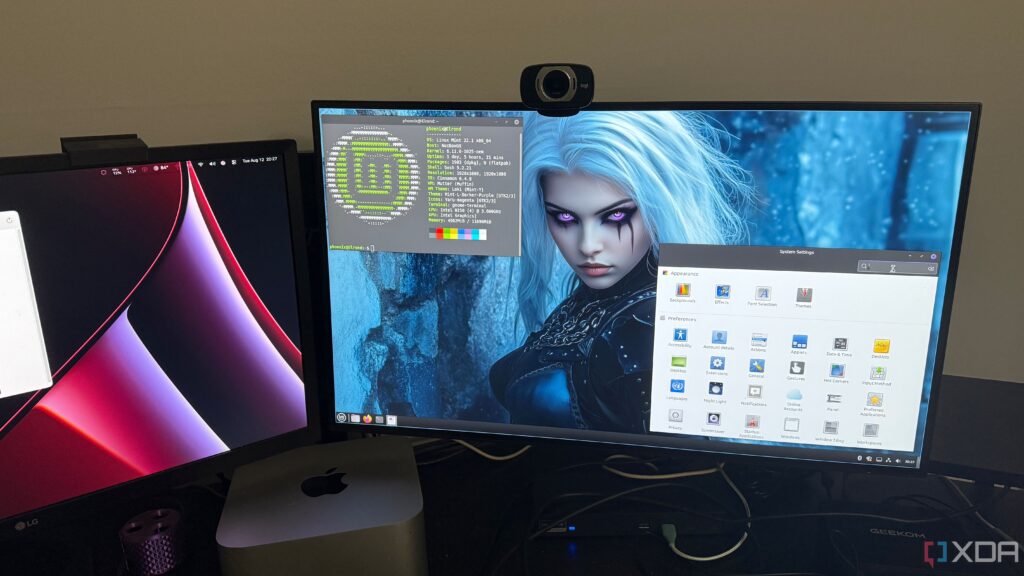
Linux has established itself as a powerful and versatile operating system, but its true strength lies in its ability to streamline everyday tasks. Users can harness Linux’s capabilities to automate a variety of daily activities, freeing up valuable time. This article explores five effective ways to utilize Linux for personal automation.
Automating System Updates and Maintenance
One of the first significant automations many users implement is system maintenance. Manually updating multiple devices can quickly become a cumbersome task. By employing tools such as cron jobs and Ansible playbooks, users can automate the process of checking for and applying updates across all their devices. This approach ensures that systems remain patched and secure without requiring constant oversight.
Additionally, automated cleanup routines can be scheduled to clear cache files, rotate logs, and remove unused packages. Tools like apt-get autoremove or dnf autoremove can be set to run weekly, minimizing manual intervention. This consistent maintenance not only saves disk space but also keeps devices running efficiently, allowing users to focus on more important tasks.
Effortless Backup Management
Data loss can be devastating, making backup management a priority for many Linux users. Rather than relying on manual file transfers, tools like rsync and BorgBackup can automate the backup process. These systems can be configured to run nightly, creating secure copies of critical files on both external drives and network locations.
Incremental backups, which only copy changes since the last backup, save both time and storage space. This setup allows backups to occur quietly in the background, providing peace of mind without daily monitoring. Users can also configure email notifications to alert them in case of a backup failure, ensuring that they remain informed without needing to constantly check logs.
Streamlining File Organization
Many users find their downloads folder cluttered and disorganized. By automating file organization, Linux can transform this chaotic space into a well-structured system. Using a combination of cron jobs and tools like inotify, scripts can be set up to watch for new files and automatically move them into designated directories.
For instance, PDFs can be directed to a Documents folder, images to Pictures, and videos to a Media directory. Such automation not only saves time by eliminating the need to manually sort files but also simplifies future searches. Once established, this system operates seamlessly in the background, allowing users to focus on their work without the distraction of housekeeping tasks.
Personal Reminders with Scripts
Automation on Linux extends beyond system maintenance to personal productivity as well. Users can create scripts to send reminders for important tasks, such as checking the weather each morning or notifying them of upcoming bills and appointments. By utilizing tools like Uptime Kuma and notify-send, reminders can be tailored to fit individual routines without being disruptive.
This customized reminder system enhances daily efficiency, reducing the likelihood of last-minute stress and helping users maintain consistent habits. The ability to receive timely prompts without relying on sticky notes or phone alarms can significantly improve overall productivity.
Managing Smart Home Devices
Linux has also become a popular choice for controlling smart home devices. By integrating tools like Home Assistant with simple scripts, users can automate the management of various household devices. For example, lights can be programmed to turn on at sunset and off at bedtime, creating a seamless routine without manual intervention.
Automated music playlists and responsive devices, such as air purifiers reacting to air quality sensors, contribute to a more comfortable living environment. This level of customization allows users to tailor their smart home experience without being confined to a specific brand’s ecosystem.
The potential for automation with Linux is vast, ranging from system updates to managing smart devices. Each of these small automations can significantly enhance daily efficiency, allowing users to concentrate on what truly matters. By leveraging Linux’s capabilities, individuals can reclaim time and reduce the burden of repetitive tasks.







